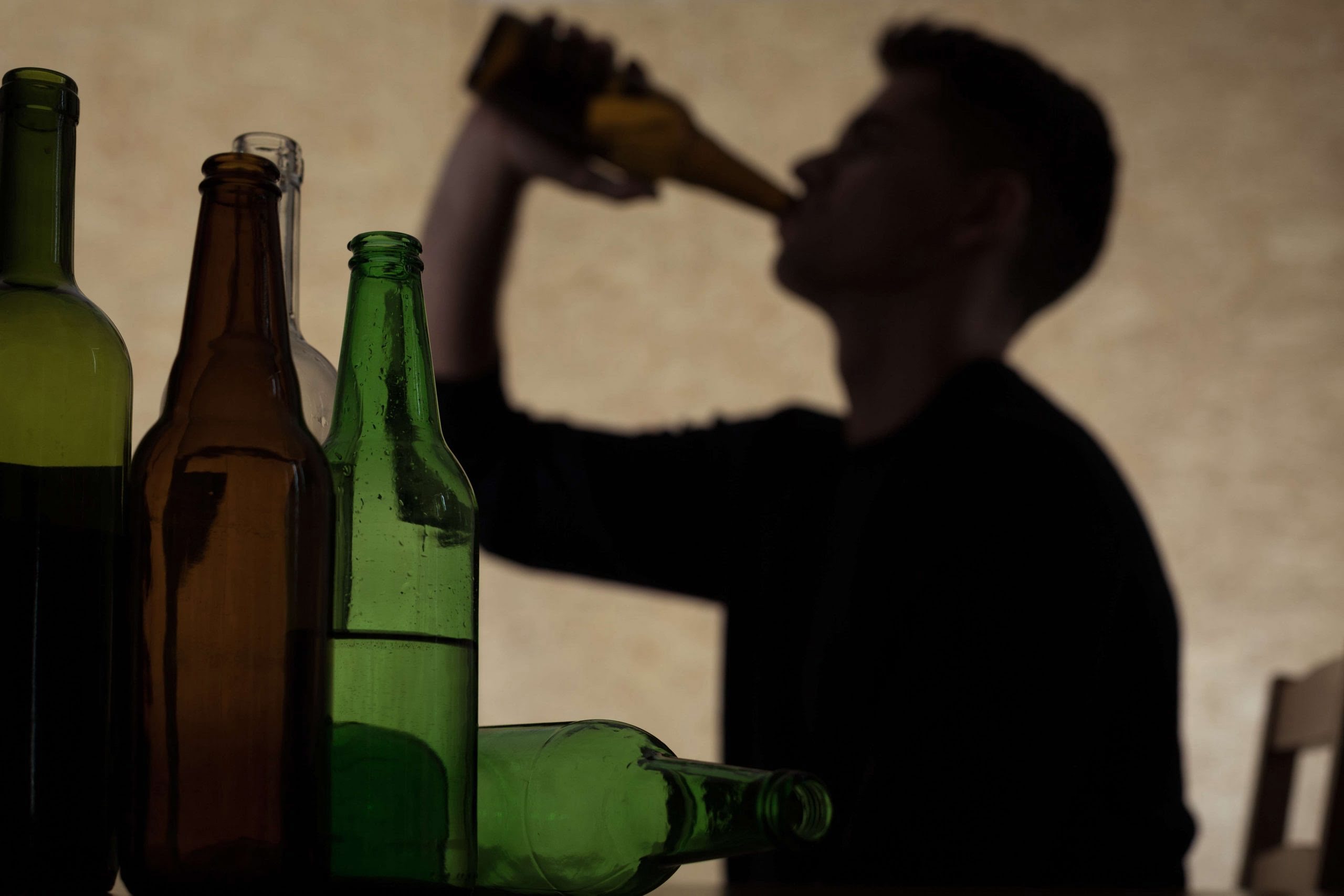Although most social drinkers do not necessarily become alcoholics, they should be aware that this may be a possibility if they are not conscious of their drinking habits. Drinking socially may start as something sporadic, but social drinkers may enter into denial about their relationship with alcohol. This, in turn, may cloud their judgment and make them unaware of the increasing risk of developing a harmful relationship with alcohol. Social drinkers don’t drink alone and stick to drinking in only social settings. There is no defined pattern of use for people who identify as social drinkers. Their alcohol consumption patterns can range from drinking each weekend with friends to one time per month at social drinking problem a work conference.
Begin The Journey To Lasting Recovery

If you’re concerned about someone who drinks too much, ask a professional experienced in alcohol treatment for advice on how to approach that person. Alcoholism is a chronic disease, and individuals in recovery are at risk of relapse, even after a period of sober living. Returning to social drinking can be a slippery slope, as it may rekindle the desire for more alcohol or lead to a loss of control over drinking. While some individuals with a history of alcoholism may be able to have an occasional drink without issues, others may find it extremely challenging and risky. Social drinking can be fun but can lead to serious problems if not done responsibly. Several treatment options are available if you’re concerned that your drinking is becoming an issue.
Make New Friends
- We cannot guarantee payment or verification eligibility as conveyed by your health insurance provider will be accurate and complete.
- What’s the point of drinking if you are not going to achieve a good “buzz?
- These signs suggest that alcohol might be taking a central role in your life, potentially leading to dependency.
- This step helps identify potentially problematic behaviors that might not be apparent from quantity alone.
- The body’s adaptive responses to chronic alcohol exposure lead to these changes.
Problem drinking is characterized by consuming alcohol in a manner that is unhealthy or risky. Social drinking, also known as casual drinking, is a term used to describe only drinking alcohol in social settings and drinking in moderation. This may include having a drink with your coworkers after work, having a couple of beers with your friends during a celebration, or even drinking alcohol at a concert or large event. People who engage in social drinking often do so to relax and fit in with others.

Alcohol use disorder (alcoholism)
However, recurring patterns of behavior that deviate from an individual’s norm should raise concern. This is why a severe case of AUD might require specialized addiction treatment. Stopping alcohol use in people with long-term or chronic consumption could cause a fatal withdrawal. People who drink at a level where it’s not safe to quit on their own need a professionally monitored detox. No, because getting drunk often involves heavy drinking or binge drinking.
How Many Drinks Is Considered Casual Drinking?
Unless you are around them all the time, it can be hard to see the full picture of their drinking and the impact it is having on their life. Addressing a drinking problem is crucial not only for your immediate well-being but also for your long-term health and quality of life. By taking steps to overcome your alcohol addiction, you can reclaim your physical and mental vitality and pave the way for a healthier, more fulfilling future. Furthermore, it’s worth noting that other mental symptoms can also indicate we might have a problem with alcohol — although these are often more apparent to our loved ones than they are to us. For instance, it’s not uncommon for people misusing alcohol to exhibit mood swings or unpredictable behaviors of aggression, violence, depression, anxiety, agitation or irritability. We might become particularly irritable whenever we’re not drinking.
Alcohol Use Disorder
These drinkers may be new to different forms of alcohol and likely to test their limits. Knowing these details is key to avoiding potential problems linked with social drinking. This article delves into the intricacies involved and offers guidance on how to effectively spot and tackle these hidden dangers.
If you have any of these symptoms, alcohol may already be a cause for concern. A health care provider can look at the number, pattern, and severity of symptoms to see whether AUD is present and help you decide the best course of action. At Project Courage, many individuals and families have successfully regained control of their lives through personalized addiction recovery programs, including in-home and virtual support. Recognizing a drinking problem isn’t always easy, especially when alcohol is a regular part of https://ecosoberhouse.com/ social life or stress relief. Common signs include needing more alcohol to feel its effects, drinking alone or in secret, and experiencing guilt or shame after drinking.
- Alcohol Use Disorder (AUD) is a medical condition where a person struggles to control their drinking despite negative consequences.
- Understanding the signs of alcohol dependency and taking action early can make a significant difference in preventing long-term consequences.
- At PACE Recovery, our team understands that young men face unique challenges with substance use, peer pressure and mental health.
- Let’s explore some questions to help you evaluate your control over drinking.
- It also includes binge drinking — a pattern of drinking where a male has five or more drinks within two hours or a female has at least four drinks within two hours.
The National Institute on Alcohol Abuse and Alcoholism (NIAAA) reports that about 26% of adults engaged in binge drinking in the past month. Tolerance development is concerning because it often leads to increased alcohol consumption, which can exacerbate health risks and accelerate the progression of alcohol use disorder (AUD). The severity of withdrawal symptoms often correlates with the duration and intensity of alcohol use. Individuals experiencing withdrawal symptoms should seek medical help, as some symptoms can be life-threatening if not properly managed.
If you find Halfway house yourself drinking more than intended or needing more alcohol to feel the same effect, this could be a sign of increased tolerance – an early indicator of alcohol dependence. The line between social drinking and alcohol misuse isn’t always obvious. If you’re unsure whether your drinking habits are becoming a concern, here are some red flags to watch for.
